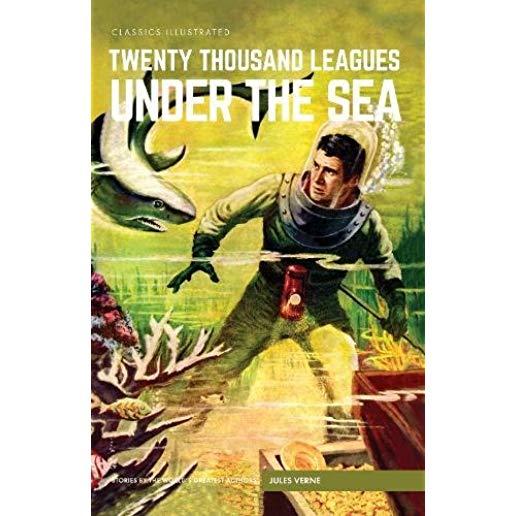
Ulysses chronicles the peripatetic appointments and encounters of Leopold Bloom in Dublin in the course of an ordinary day, 16 June 1904. Ulysses is the Latinised name of Odysseus, the hero of Homer's epic poem Odyssey, and the novel establishes a series of parallels between the poem and the novel, with structural correspondences between the characters and experiences of Leopold Bloom and Odysseus, Molly Bloom and Penelope, and Stephen Dedalus and Telemachus, in addition to events and themes of the early twentieth century context of modernism, Dublin, and Ireland's relationship to Britain. The novel imitates registers of centuries of English literature and is highly allusive.
Since publication, Ulysses has attracted controversy and scrutiny, ranging from early obscenity trials to protracted textual "Joyce Wars". Ulysses' stream-of-consciousness technique, careful structuring, and experimental prose - full of puns, parodies, and allusions - as well as its rich characterisation and broad humour, made the book a highly regarded novel in the modernist pantheon. Joyce fans worldwide now celebrate 16 June as Bloomsday. In 1998, the American publishing firm Modern Library ranked Ulysses first on its list of the 100 best English-language novels of the 20th century.
This edition is limited to 1,000 copies.
member goods
listens & views

MOZART: PIANO CTOS NOS 16 ...
by MOZART / POLLINI / VIENNA PHIL ORCH / BOHM
COMPACT DISCout of stock
$13.99






